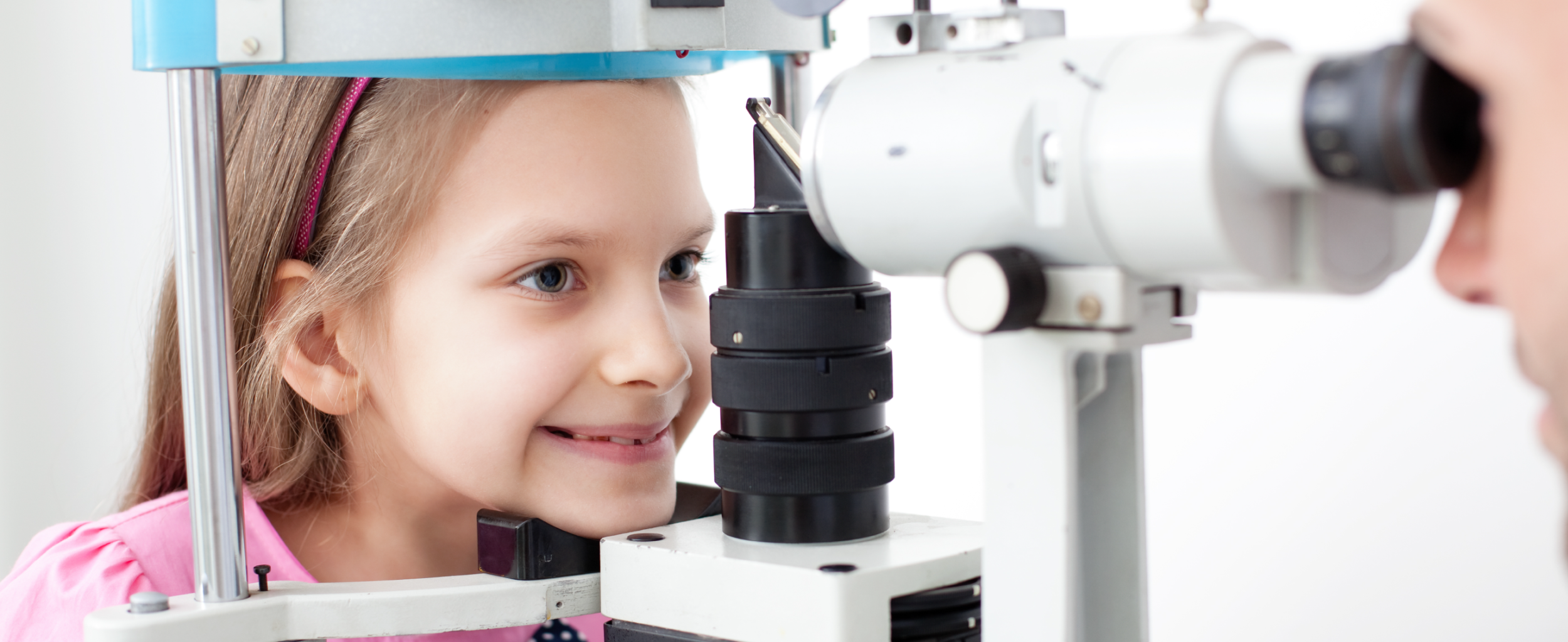What type of eye specialist should I see?
Posted on October 3, 2024 in Healthy You

When it comes to caring for your eyes, knowing which type of provider to see can be confusing. Opticians, optometrists and ophthalmologists each play different roles in caring for your vision health. Understanding the differences can help you make the right choice for your needs.
Optician: The eyewear expert
An optician specializes in fitting and selecting eyewear, such as glasses and contact lenses. Although opticians do not perform eye exams or diagnose eye conditions, they help you choose the right eyewear with the right fit. If you have poorly fitted glasses or contacts, you won’t enjoy wearing them — or worse, will avoid wearing them entirely — so opticians play a key role in keeping your eyes healthy.
When to see an optician:
- After receiving a prescription from an optometrist or ophthalmologist
- If you need help choosing the right frames or lenses
- When you need your glasses adjusted or repaired
Optometrist: The eye exam specialist
Optometrists provide primary vision care. They perform eye exams, prescribe corrective lenses, and diagnose and treat certain common eye conditions. If they discover a more serious or complex eye condition, optometrists may refer you to an ophthalmologist. Optometrists hold a Doctor of Optometry (OD) degree, which involves extensive training in vision care.
When to see an optometrist:
- For preventive eye exams and vision screenings
- If you need a prescription for glasses or contact lenses
- If you have a common eye problem, such as dry eye, an eye infection or minor eye injury
Ophthalmologist: The medical eye doctor
Ophthalmologists are medical doctors who specialize in eye and vision health. They can perform all the tasks of optometrists, but they are the eye providers you should see when you need complex medical or surgical treatments for more serious eye conditions. After completing medical school, ophthalmologists undergo several years of advanced training in eye care.
When to see an ophthalmologist:
- If you have a serious eye condition or injury
- For surgical eye procedures, such as cataract surgery or LASIK
- For treatment of complex eye diseases, such as diabetic retinopathy or glaucoma
- If you have a chronic condition, such as diabetes or high blood pressure, that affects your eyes
What level of care do your eyes need?
Choosing the right eye care professional depends on your specific vision needs. Here’s a snapshot of the differences to help you narrow down your search:
- If you have a prescription and need help choosing eyewear, schedule time with an optician to find your perfect fit.
- For routine eye care, an optometrist is an ideal provider to perform your preventive exam and detect any emerging eye problems.
- For serious eye conditions or major treatments (like eye surgery), you should meet with an ophthalmologist.
Scheduling regular eye exams is important to catching vision issues early and protecting long-term eye health. Even if you have perfect vision and don’t need corrective lenses, you should still see an eye specialist for routine checkups.
If you need help finding an in-network vision provider, Delta Dental of Iowa’s online Find a Provider tool makes it easy. Click on the DeltaVision provider links at the bottom of the page and in a few minutes you’ll have a list of nearby providers who will keep your eyes seeing clearly for years to come.
SOURCES:
American Academy of Ophthalmology
American Association for Pediatric Ophthalmology and Strabismus
UNC School of Medicine